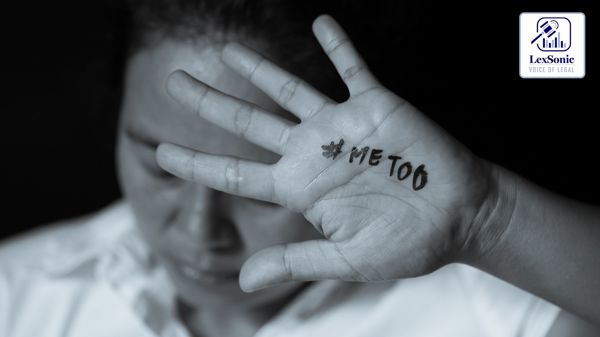Supreme Court Dismisses Special Leave Petition, Affirms Conviction in POCSO Case.
03 September 2024
Civil Appeals >> Civil & Consumer Law
In a recent decision in Sunshine Kharpan vs The state of Meghalaya & Others, the Supreme Court of India dismissed a Special Leave Petition filed by a convict-accused challenging the judgment and order of the High Court of Meghalaya at Shillong. The High Court had, on March 23, 2023, upheld the trial court’s conviction of the petitioner under Section 6 of the Protection of Children from Sexual Offences Act, 2012 (POCSO), Section 4 of the POCSO, Section 376(2) of the Indian Penal Code (IPC), and Section 506 of the IPC.
The trial court had sentenced the petitioner to ten years of rigorous imprisonment for the POCSO offence, among other penalties. The Supreme Court, after reviewing the case and the material on record, found no substantial reason to overturn the concurrent findings of the lower courts.

A significant aspect of the Supreme Court's attention was the use of the "two-finger test" in sexual assault cases. This practice, used to determine if a victim was habituated to sexual intercourse, was strongly deprecated by the Court. The Court referred to its earlier decision in Lillu alias Rajesh vs. State of Haryana (2013) and highlighted its continued disapproval of this invasive procedure.
On May 7, 2024, a coordinate Bench of the Supreme Court addressed ongoing concerns about the two-finger test, questioning the steps taken by the State to eliminate this practice despite prior judgments. The Court noted that although the incident in question occurred in 2013, after the prohibition of the two-finger test was established, the practice persisted.
The Advocate General of Meghalaya, Shri Amit Kumar, assured the Court that the State would issue further orders to comply with the Supreme Court's directives. In response, the Government of Meghalaya’s Health and Family Welfare Department issued a circular on June 27, 2024, prohibiting the two-finger test and mandating disciplinary actions for non-compliance. The circular emphasized that all government doctors must cease using the test, adhere to established medico-legal guidelines, and provide compassionate care to survivors of sexual assault.
The Supreme Court expressed hope that the new circular would be implemented effectively and that such serious lapses would not recur. Consequently, the Special Leave Petition was dismissed, and any pending applications were also disposed of.
Indian Penal Code, 1860 Protection of Children from Sexual Offences Act, 2012
